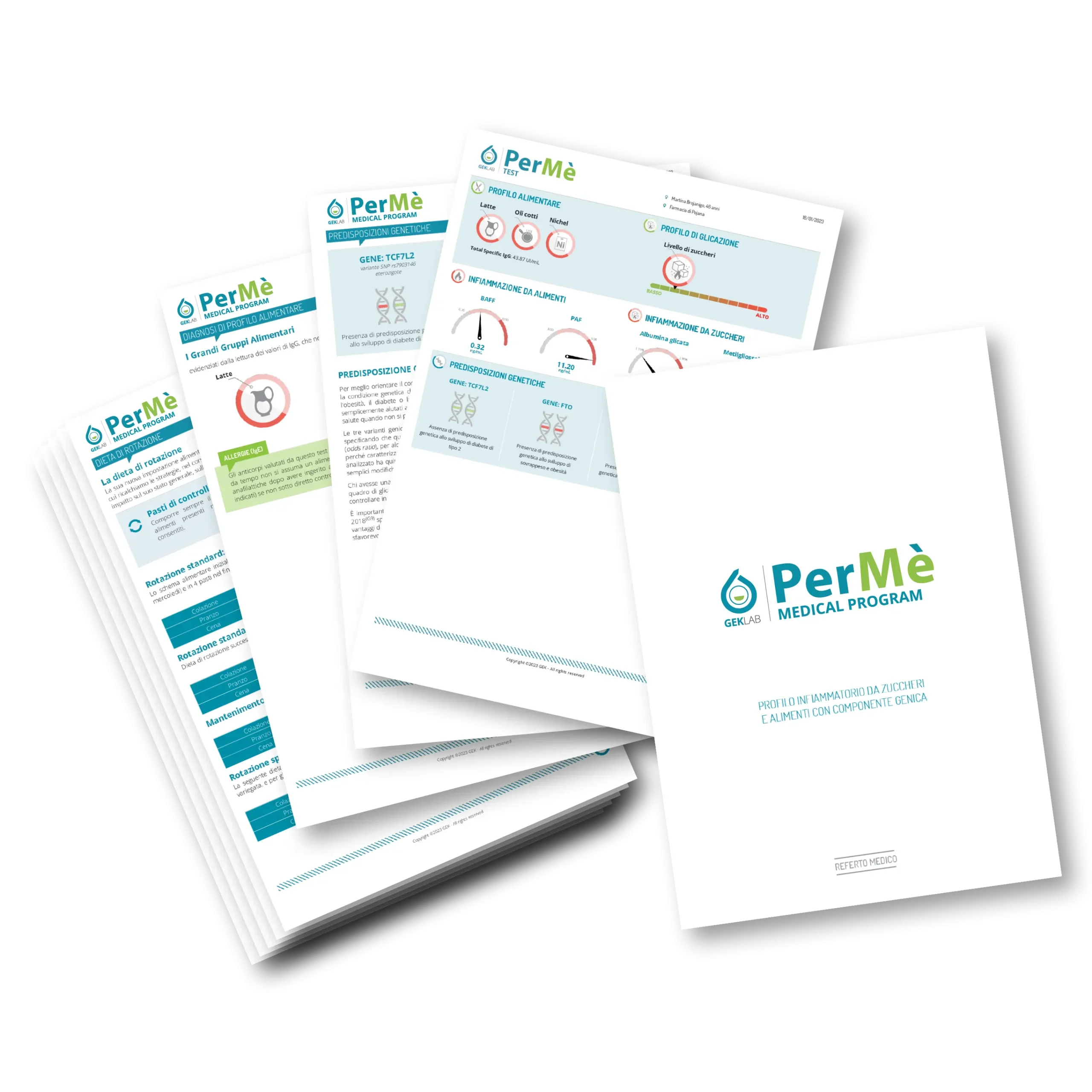
Daytime drowsiness is a common condition characterized by a persistent feeling of fatigue during the day, even after sleeping an adequate number of hours. This uncomfortable sensation of “always feeling sleepy” or the sudden drowsiness that occurs at specific times of the day can be caused by various factors.
What causes constant drowsiness?
The most common cause of daytime drowsiness is sleep deprivation. Adults should sleep between 7 and 8 hours per night. However, many people fail to reach this amount of sleep due to work commitments, stress, or other factors. Interrupted or poor-quality sleep can lead to drowsiness during the day.
If daytime drowsiness is severe or persistent and common organic causes have been ruled out, it may be important to seek help by consulting a specialist to investigate any underlying diseases or disorders that could be the root of the problem
Unhealthy lifestyles such as lack of physical exercise, an unbalanced diet, and excessive caffeine consumption can also cause daytime drowsiness. Regular physical exercise can help improve sleep quality and reduce drowsiness during the day. A balanced diet can provide the body with the energy needed to function properly. Excessive caffeine consumption, especially in the hours leading up to rest time, can interfere with sleep and cause drowsiness during the day.
Disorders such as obstructive sleep apnea syndrome (OSAS) and restless leg syndrome (RLS) can cause daytime drowsiness. These disorders disrupt sleep, leading to a feeling of fatigue during the day.
The use of certain medications, such as antidepressants and benzodiazepines, can cause daytime drowsiness. These medications can interfere with the sleep cycle or cause fatigue as a side effect.
However, if daytime drowsiness is severe or persistent and common direct organic causes (such as thyroid disorders or blood sugar imbalances) have been ruled out, it may be important to seek help by consulting a specialist to investigate any underlying diseases or disorders that could be at the root of the problem.
Daytime drowsiness, chronic fatigue syndrome, and fibromyalgia
The relationship between daytime drowsiness and other medical conditions, such as chronic fatigue syndrome or fibromyalgia, is still the subject of study and research.
A study conducted by researchers from the Karolinska Institutet in Sweden and published in Psychoneuroendocrinology in March 2020 highlighted a significant increase in certain inflammatory cytokines in people with chronic fatigue syndrome (CFS) with a myalgic pain component, which is a painful form that seems to affect all the muscles in the body.
Chronic fatigue also appears to be correlated with an increase in a substance known as NGF (Nerve Growth Factor, for whose discovery Rita Levi Montalcini was awarded the Nobel Prize in Medicine in 1986), which plays a role in linking emotional stress to the immune system.
These results indicate a close correlation between the two conditions, fibromyalgia and chronic fatigue, which could be attributed to common inflammatory factors.
The connections between diet, inflammation, and depression have been documented in the past, and the antidepressant properties of certain anti-inflammatory medications have been recognized.
Fatigue, daytime drowsiness, and sugar metabolism.
Increased insulin resistance, related to altered sugar metabolism, can also contribute to the onset of intense fatigue.
When the body is inflamed, much more insulin is needed than usual for the cell to receive its nutrients, and this is referred to as “insulin resistance.”
The circulating glucose will first “struggle” to enter the cells and later will be absorbed suddenly, practically disappearing from the bloodstream. In these cases, after the drop in blood sugar levels, symptoms of excessive hypoglycemia appear, and this is referred to as “reactive hypoglycemia.”
The symptoms that manifest (tremors, sweating, anxiety, and indeed, drowsiness, fatigue, dizziness, and others) are often confused with diabetic symptoms, but they are actually due to the opposite condition, namely an unexpected, often prolonged drop in blood sugar levels.
In these cases, it is important to regulate and control the excessive intake of sugars such as glucose and fructose (including that from fruit), refined starches, or alcohol, taking into account individual needs.
How to cope with daytime drowsiness
When persistent fatigue and drowsiness seem to have no direct causes, it may be important to identify and measure inflammation related to sugars and foods through specific medical programs such as the Glyco Medical Program or the PerMè Medical Program, which allow for the setting of a personalized nutritional therapy, combating symptoms and preventing potential negative developments of the conditions described above.
For appropriate treatment, it is essential to consider a thorough and comprehensive reflection on all aspects of the person affected by daytime drowsiness, integrating, alongside other investigations, the search for a personalized inflammatory and metabolic component.
Edited by The scientific editorial team
Articoli correlati
No post found!


